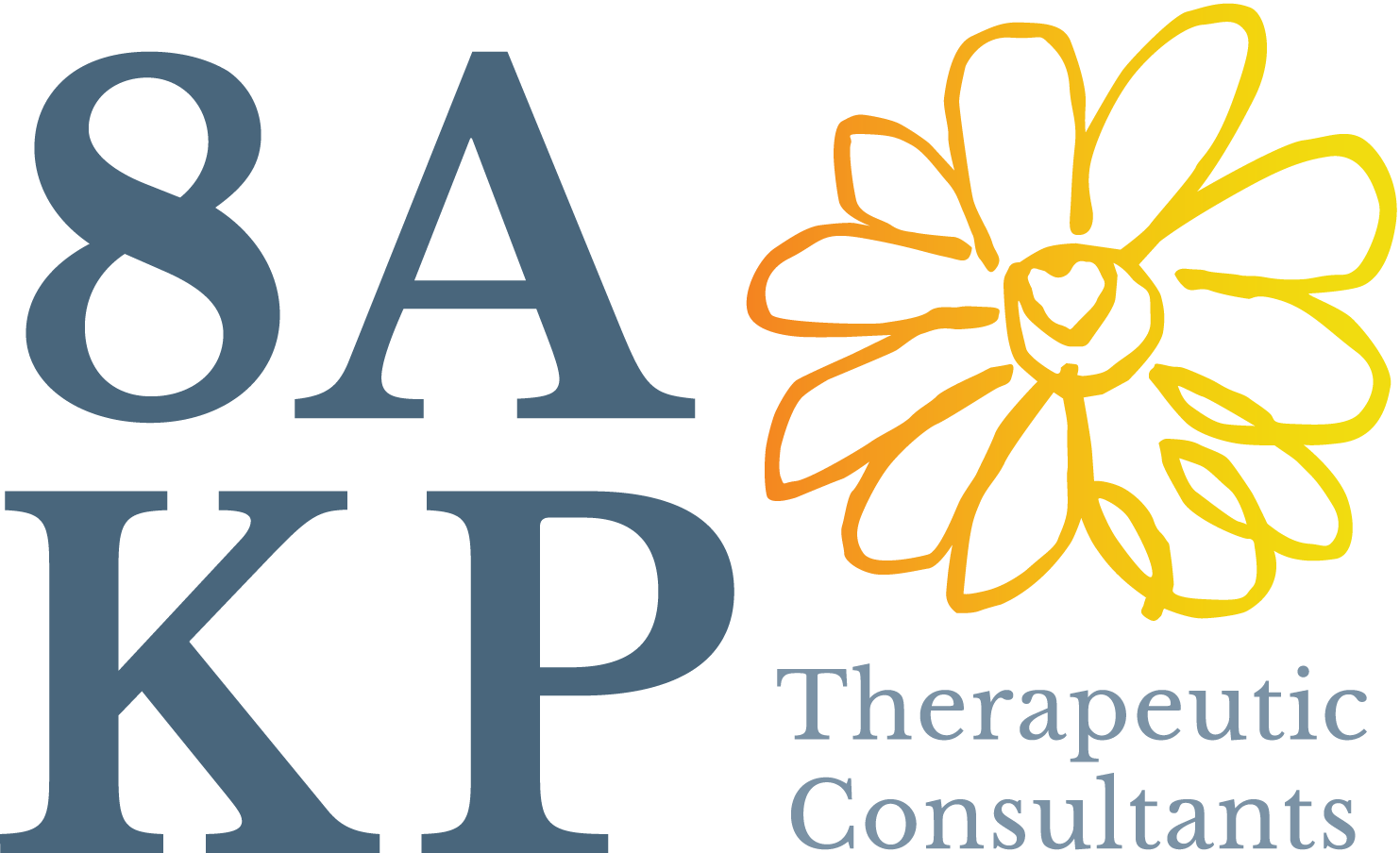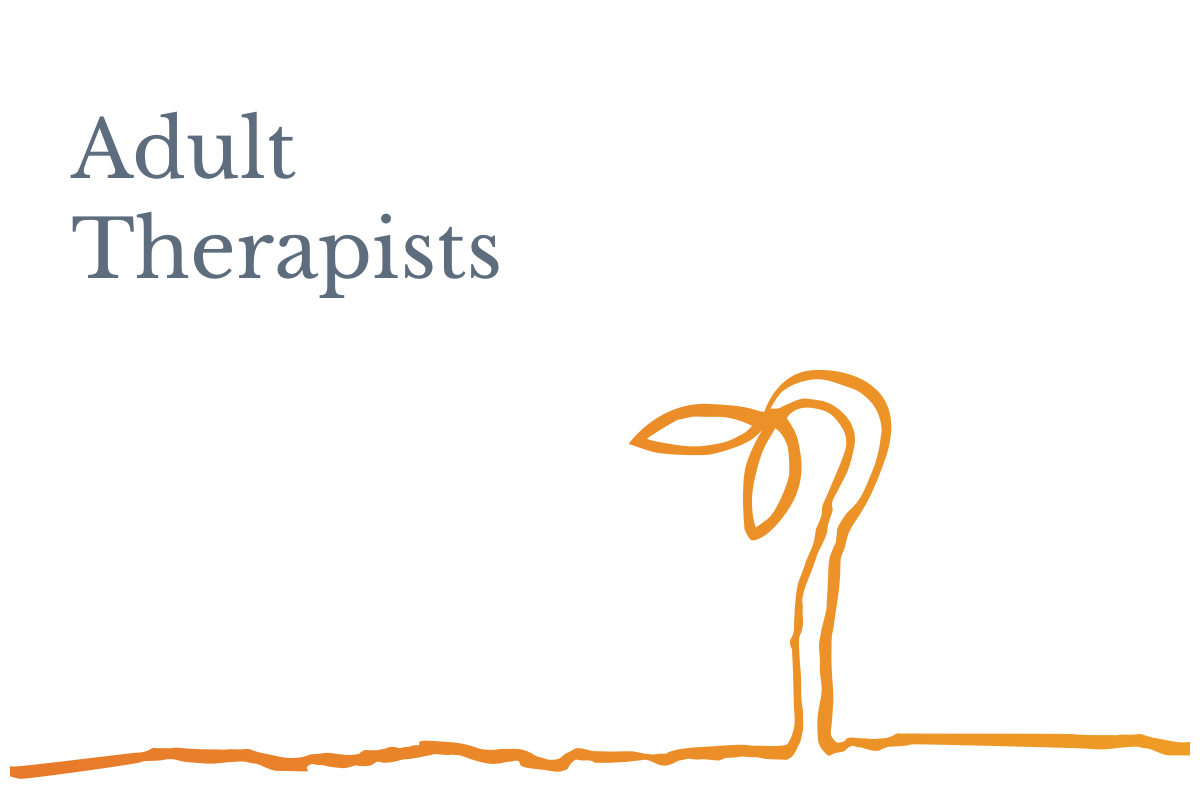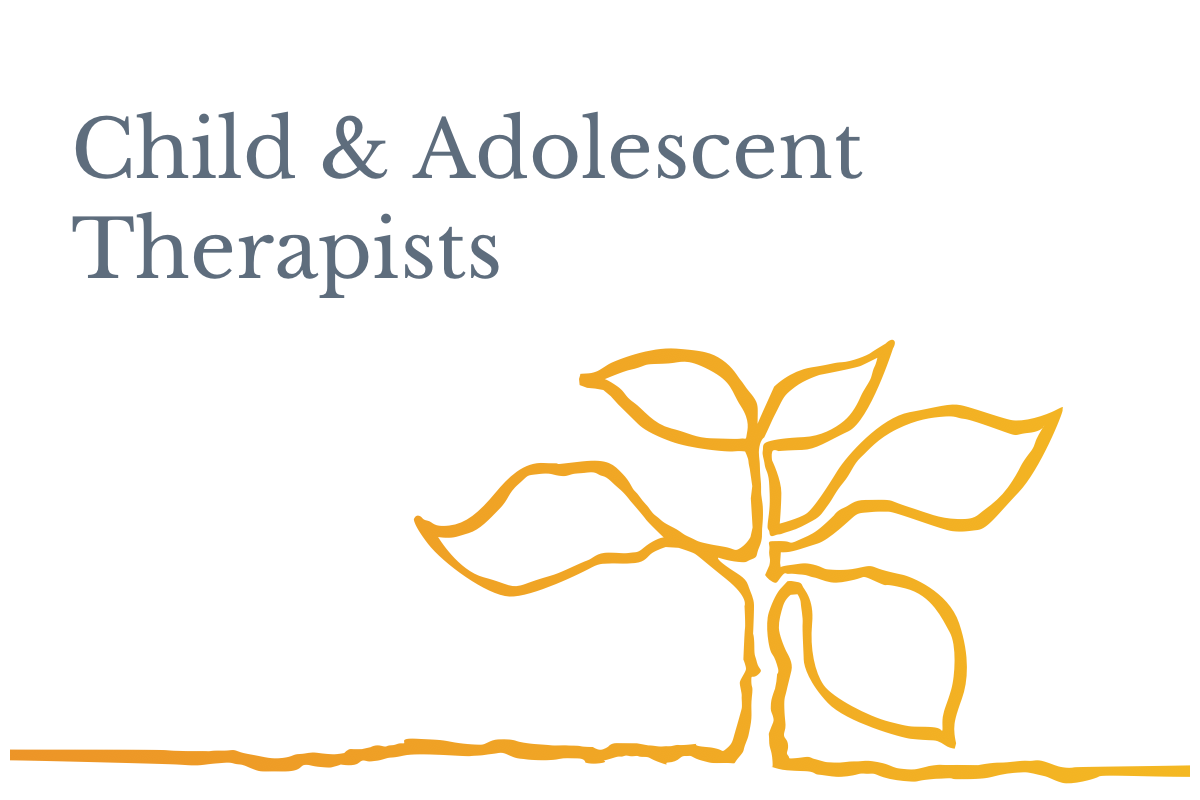
About Therapy
Different Types of Therapists
Psychotherapist
A Psychotherapist is trained to Masters Degree level in either working with adults, or with children. Some Child and Adolescent Psychotherapists are also qualified to work with adults as this has been part of their training.
Psychotherapists work with you in depth and over time, to explore your way of being and your relationships and to be curious with you about why you feel and behave the way you do. They will help you to explore your past experiences and how these might play a part in the way you are in the world in the present.
With this understanding about yourself, you can start to think and act differently in order to bring about change within yourself or in your circumstances.
Counsellor
A counsellor will usually work shorter term with a client and focus on a particular issue that the client brings to therapy. This could be grief, a recent breakup in a relationship, a difficult situation in your personal life or at work, and many other situations. A counsellor with work with you to help you develop ways to manage and see your way through a difficulty
Psychotherapeutic Counsellor
A Psychotherapeutic Counsellor is a counsellor who has had additional training in psychodynamic theory, which originates from Freud, and focuses on unconscious processes and how these play out in feelings and behaviours.
Unlike a counsellor, a psychotherapeutic counsellor will have studied to either degree level or post-graduate diploma and their training will have been to work with either adults or with under-18s.
Psychiatrist
A Psychiatrist is a medically trained doctor who has chosen to specialise in the field of mental health. You can be referred to a psychiatrist through your GP either within the NHS or to a psychiatrist who sees patients in private practice.
Psychiatrists are trained to work with either adults or with children, and they are able to formally diagnose and treat their patients, including prescribed medication.
Clinical and Counselling Psychologists
Clinical and Counselling Psychologists are trained in the science and research of psychology to post-graduate level, usually within the NHS, and are able assess and diagnose behavioural and emotional difficulties. They will work with you you to understand your difficulties and work with you to resolve difficult feelings and behaviours.
Parent and Infant Psychotherapy
Parent and Infant Psychotherapy is a specialised form of psychotherapy that focuses on the relationship between a parent and their infant. The work involves being with both the parent and the infant together in sessions and exploring the healthy bond that is important for a child's emotional and psychological development.
This type of therapy includes helping with difficulties such as postnatal depression, anxiety, feeding or sleeping problems, and attachment disorders.
EMDR
Eye Movement Desensitization and Reprocessing, is a form of psychotherapy designed to help people recover from traumatic experiences by focusing on traumatic memories whilst simultaneously engaging in bilateral stimulation, such as side-to-side eye movements, hand tapping, or audio stimulation.
This type of psychotherapy is proved in research to help the brain process traumatic memories and reduce the emotional distress associated with them. EMDR is particularly known for its effectiveness in treating Post-Traumatic Stress Disorder (PTSD), but it can also help with other issues such as anxiety, depression, and addiction.
Couples Therapy
Couples Therapy is different to one-to-one therapy because the therapist will be working primarily with the presenting relationship which is made up of two parts, the individual people who are in the relationship.
A couples therapist will have specialist training in being able to help you understand what each individual brings to the relationship and how you communicate with each other in order to uncover how difficulties have arisen and how they might be solved.
Family Therapy
In Systemic Family Therapy, the therapist works with the entire family or relationship group to explore patterns of interaction, communication, and behaviour that contribute to the difficulties the family is experiencing.
This type of therapy is carried out by a specialist psychotherapist and is helpful for understanding and addressing difficult relationships within the family as well as where a child or adolescent in the family is experiencing mental health problems.
UKCP and BACP
You will see these letters after the names of our Psychotherapists and Counsellors.
UKCP stands for the UK Council for Psychotherapy
The UKCP is the leading professional body for the education, training, accreditation, and regulation of psychotherapists and psychotherapeutic counsellors in the UK. They ensure that practitioners meet high standards of training and ethical practice, providing public confidence in the profession.
BACP stands for the British Association for Counselling and Psychotherapy
The BACP sets standards of proficiency and ethics for the counselling profession, ensuring that counsellors who are accredited with the BACP provide high-quality services.
What are the differences between UKCP and BACP?
The UKCP primarily focuses on psychotherapists, while the BACP covers both counsellors and adult (but not child) psychotherapists.
While the UKCP training programs require more extensive training compared to the BACP, including more client contact hours and personal therapy hours, both organisations have their own codes of ethics and standards, and they provide Accreditation and Registration for practitioners.



